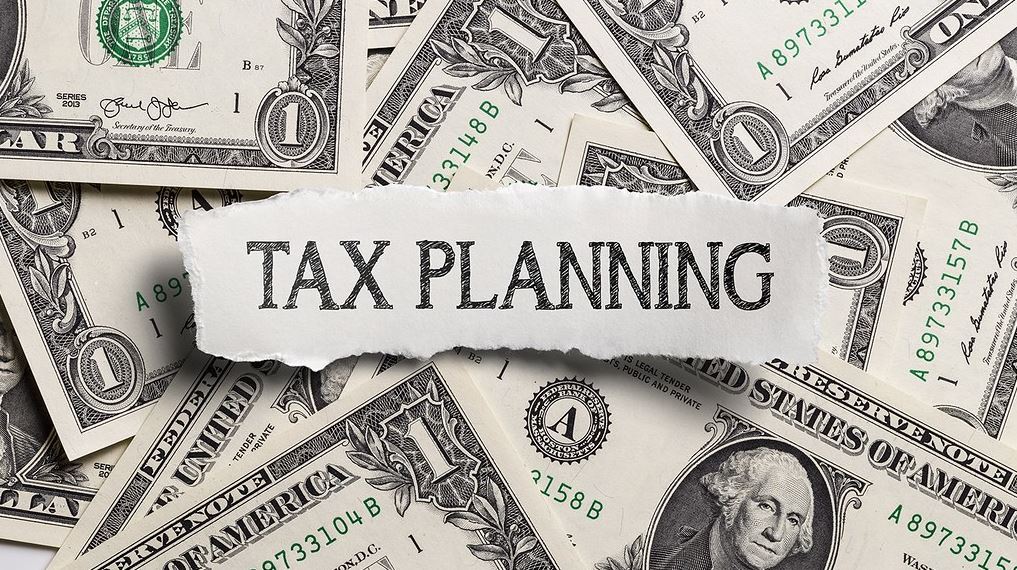Unsure of how to file your taxes? It may seem daunting if you have never done it before, but it will be easier once you get a general idea. Here is a step-by-step guide to help you get started on your own:
Gather All of Your Required Tax Documents
 There are three ways to file your taxes in the United States—by manually filling out Form 1040, by electronic filing, and by hiring an accountant. Whichever way you choose, you will need to provide specific information and tax documents such as:
There are three ways to file your taxes in the United States—by manually filling out Form 1040, by electronic filing, and by hiring an accountant. Whichever way you choose, you will need to provide specific information and tax documents such as:
- Social Security number: Your number as well as that of family members on your tax return.
- Date of Birth: Yours and that of everyone on your tax return.
- Form W-2: This is a wage and tax statement form that you should get from your employer if you hold a full-time position. It details how much you earned in a year and how much your employer withheld for tax purposes.
- Form 1099: You may need to fill different 1099 forms, depending on if you are self-employed, made third-party transactions, received dividends, or got government benefits.
- Form 5498: To report any IRA contributions you made.
- Form 1098-E: To report how much interest you paid on a qualified student loan.
- Form 1098: To report the interest and any other expenses you paid on a property mortgage.
- Property tax receipts: By itemizing your deductions, you may get a write-off on the property taxes you’ve paid.
- Business expense records: These can include checking records, receipts, credit card statements, mortgage or rent expenses, and utility expenses. You may be able to get a tax deduction if you have a home office.
- Unreimbursed medical receipts: Include receipts for all medical care, such as vision checks, dental work, surgeries, and also for the transportation to and from the medical center
- Charitable donation receipts: For tax deduction, receipts must show when you made the donation, how much, and to whom. You can also use a charitable tax calculator to get an idea of how much you can claim.
Itemize Any Business-Related Spending
By itemizing business-related spending, you may be able to reduce your taxable income. For this, keep track of your legitimate business expenses and save all receipts and documentation to show to the IRS, if necessary.
Identify Any Eligible Exemptions
While the Tax Cuts and Jobs Act (TCJA) has eliminated personal exemptions when you file your tax returns between 2018-2025, the IRS had provided various tax inflation adjustments that may help save money. These include the Alternative Minimum Tax exemption, the foreign earned income exclusion, and the annual exclusion for gifts.
File Electronically
If you earn $69,000 or less, file electronically using the IRS Free File, and the Free File Fillable Form, if you can file on your own. For filing assistance, use the IRS Volunteer Income Tax Assistance program or the Tax Counseling for the Elderly program. You can also use IRS-approved commercial tax preparation software, or get help from authorized IRS e-file providers.
Consult With a Professional Accounting Service
A professional accounting service can help you understand the tax forms and offer advice regarding taxes and strategic planning. They may also be able to help save you money on your tax returns.
Knowing how to file your taxes is important. It will keep you out of tax-related trouble and may save money on your tax returns.
______________________________________________________
Interesting related article: “What is Tax?“

